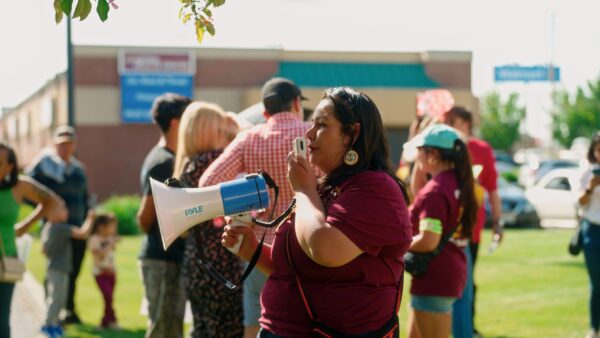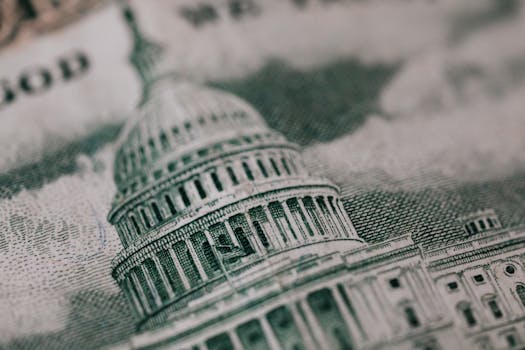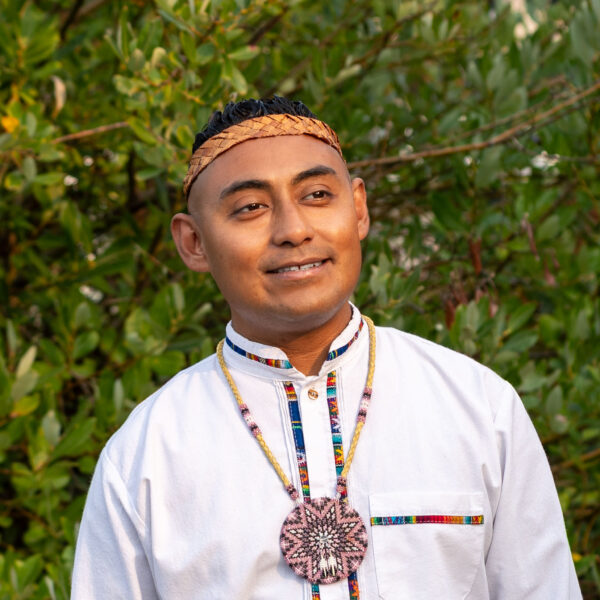Announcing Annual Report Card on Commissioner Franz & Department of Natural Resources
For Immediate Release: September 29, 2022
WASHINGTON STATE—Today, Washington Environmental Council and Washington Conservation Voters release their annual State of Forests and Public Lands report online, which is an annual evaluation of Washington’s Commissioner of Public Lands, Hilary Franz, and the Department of Natural Resources.
Since 2015, WEC and WCV have produced the annual State of our Forests and Public Lands Report, which assesses progress made by Washington’s Commissioner of Public Lands and the Department of Natural Resources (DNR). The commissioner is the only statewide elected office that works almost exclusively with our natural resources. Their actions are critical to the health of Washington’s ecosystems and people.
“The climate crisis isn’t just some future issue we leave to our children and our grandchildren. It’s here now and we must be decisive in our actions to address it— forests and our lands are a vital ingredient in how we respond to this moment,” said Alyssa Macy, CEO of Washington Environmental Council and Washington Conservation Voters. “I certainly commend Commissioner Franz for her commitment to this work, but we need her and DNR’s pace to accelerate before time runs out.”
This year’s evaluation shows that where Commissioner Franz has chosen to lead, she has achieved notable accomplishments: in jumpstarting the agency’s prescribed fire program, expanding technical support for small forest landowners, launching a first-ever carbon offset project on Washington’s state lands, passing legislation on derelict vessels and kelp and eelgrass, and making important progress on Trust Land Transfer. We look forward to working with the agency to support outcomes at the pace and scale the state needs.
“We applaud Commissioner Franz for her progress on prescribed fire, aquatics, and launching a carbon offset project. However, our report also highlights the need for leadership on aspects core to DNR’s mandate— particularly on state lands and forest practices on private lands,” said Rachel Baker, Forest Program Director for Washington Environmental Council and Washington Conservation Voters. “With the recent State Supreme Court’s ruling affirming that DNR can manage state lands for public benefit, the Commissioner is confronted with an unprecedented opportunity to build a legacy of innovation on our public lands. We trust that the commissioner will seize this opportunity and deliver the change Washington’s communities and forests need.”
However, significant challenges remain. DNR has not followed through on core aspects of the agency’s mission related to forest practices, management of older forests on state lands, and forest carbon sequestration. In some cases, such as the Adaptive Management Program (AMP) and the Olympic Experimental State Forest, we see a consistent pattern of insufficient progress across years. For the AMP, the coming year will prove decisive as to whether DNR can lead the program to important milestones in rulemaking processes. For new topics, like community resilience to wildfire, DNR has an opportunity to build a strong foundation by taking the lead from community-based organizations. On state trust lands, the need for leadership is highlighted by public engagement, activism, and the recent State Supreme Court decision. Public scrutiny of state trust land management is a clear indication that DNR is not delivering what beneficiaries and the public need.
In the coming year, the commissioner has a critical opportunity to follow through on this year’s progress to bring tangible impacts to Washingtonians, and advance a progressive agenda centered on climate change, environmental justice, and tribal sovereignty. We look to the year ahead with a sense of both urgency and optimism.
###
MEDIA CONTACT:
Zachary Pullin, Washington Environmental Council, 206-639-3760


